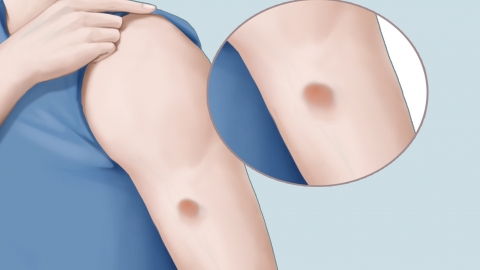What to do about allergic reactions, redness, and swelling from mosquito bites
Generally, the management of allergic reactions such as redness and swelling caused by insect bites includes promptly cleansing the skin, physical treatments, topical medications, oral antihistamines, and avoiding scratching. If symptoms are severe, timely medical consultation is recommended. Detailed measures are as follows:

1. Prompt Skin Cleansing
After an insect bite, immediately wash the affected area with soap and water. Soap helps neutralize the insect's venom, thereby reducing symptoms such as redness and itching.
2. Physical Treatment
Apply a cold compress gently to the bite area using ice packs, cold water bottles, or cold towels. Each session should not exceed 15 minutes, with intervals of 2–3 hours between applications. Cold compresses help constrict capillaries and effectively alleviate localized redness and itching.
3. Topical Medication
As directed by a physician, apply topical medications with soothing and anti-inflammatory effects, such as calamine lotion, boric acid solution, or mometasone furoate cream, to relieve discomfort.
4. Oral Antihistamines
If the allergic reaction is severe, antihistamines such as loratadine tablets, levocetirizine dihydrochloride tablets, or chlorpheniramine maleate tablets may be taken under medical supervision. These medications help relieve itching and allergic symptoms and reduce swelling.
5. Avoid Scratching
The bite area may feel very itchy, but scratching can worsen skin damage and even lead to infection. Therefore, scratching should be avoided as much as possible, and anti-itch creams or lotions should be used to relieve the discomfort.
In daily life, it is advisable to keep indoor areas clean and tidy, regularly removing garbage and standing water that may attract insects. Additionally, wear long-sleeved clothing and pants when outdoors, and use insect repellents.





